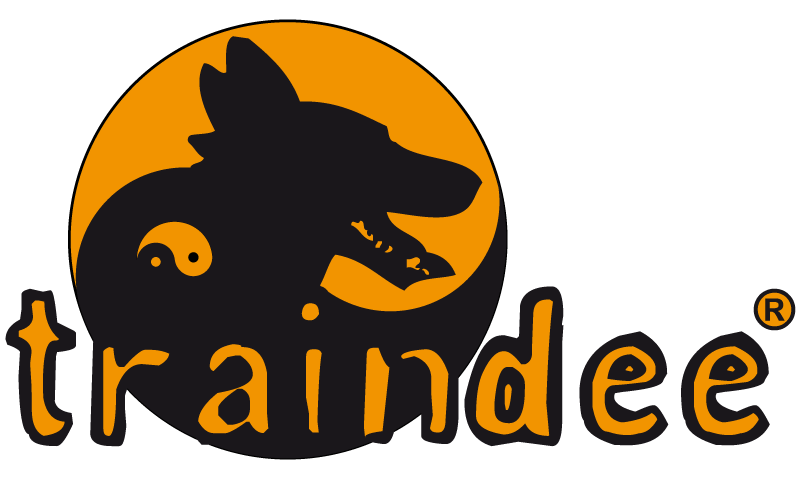The Yorkshire Terrier Dog breed

The Yorkshire Terrier, a diminutive toy breed hailing from England, is characterized by its long, silky coat, often adorned in black and tan. Endearingly known as Yorkies, these dogs possess tenacity coupled with affectionate personalities.
They are vocal, protective, and fiercely loyal, making them excellent guard dogs despite their small stature. However, at their core, Yorkies are delightful companions, cherishing pampering and cuddling with their loved ones.
Yorkshire Terrier Characteristics
Although petite in size, Yorkies boast vibrant personalities characterized by both affection and feistiness. They relish snuggling but can be equally active, playful, and vigilant.
Historical Origins of Yorkshire Terriers
The history of Yorkshire terriers can be traced back to the mid-19th century, following the migration of weavers from Scotland to Yorkshire, England. These weavers brought various terrier breeds with them to aid in controlling rodents in textile mills. Their preference was for a small terrier capable of squeezing into tight spaces to combat the rodents. In pursuit of this goal, the Yorkshire terrier, or Yorkie, emerged, drawing upon several breeds, including the Skye terrier and Dandie Dinmont.
The Kennel Club of England officially recognized the breed in 1886, elevating its reputation from a working-class exterminator to a fashionable companion. Further breeding efforts led to a reduction in size, turning them into ideal lapdogs.
Yorkies found their way to the United States in the late 1800s, gaining recognition from the American Kennel Club in 1885. Throughout U.S. history, they have enjoyed consistent popularity, even residing in the White House during President Richard Nixon’s tenure.
Yorkshire Terrier Care
Beyond being lap dogs, Yorkies are known for their vocal and occasionally stubborn tendencies. Early training and socialization, involving interactions with people and other dogs, are essential for maintaining their exuberant personalities within acceptable boundaries. Regular grooming is vital to keep Yorkies looking and feeling their best.
Exercise
Yorkies defy the stereotype of a couch potato and are active little dogs requiring regular exercise and mental stimulation for their well-being. Providing two 15- to 30-minute walks each day, at a moderate pace, is sufficient to burn off their energy. Off-leash running and play are also essential. Engaging in games of fetch and dog sports like agility provides both physical and mental stimulation.
Due to their intolerance of extreme temperatures, hot or cold, outdoor activities must be planned accordingly. In hot weather, it is advisable to exercise during the coolest parts of the day, while in cold weather, providing a sweater or coat is essential. Yorkies are equally suited for indoor play, requiring minimal space to exercise.
Grooming
Yorkies are renowned for being low-shedders, boasting continuously growing, silky hair that necessitates regular grooming. For those maintaining a long coat, daily brushing is crucial to prevent tangles and mats, along with regular trims to prevent hair from dragging. The hair on their head can be trimmed short or tied in a hairband to keep it away from their eyes. Many Yorkie owners opt for short coats, usually trimmed by a groomer every few weeks.
Bathing every week or two, along with weekly ear checks for dirt and debris, is part of the grooming routine. Nail trimming should occur approximately once a month, adjusted according to their nail wear. Daily teeth brushing is also recommended.
Training
Yorkies, with their intelligence, are responsive to training, although they can display bossy behavior at times. Positive reinforcement is an effective training method. Commencing training during puppyhood helps prevent the development of undesirable habits and facilitates socialization with various people, animals, and situations. Participation in puppy obedience classes aligning with age requirements is beneficial for training and socialization.
However, housebreaking can be challenging due to their stubborn nature, which may lead to reluctance to go outside in inclement weather. Consistency and patience are essential to foster proper housebreaking habits.
Notably, many Yorkies prefer not to be left alone for extended periods. They thrive on companionship and attention, thus avoiding separation anxiety and the development of undesirable behaviors. However, they may not always be compatible with young children who could provoke the dog to nip.
Common Health Problems
Yorkshire terriers, in general, enjoy good health. However, they are susceptible to certain hereditary health issues, such as patellar luxation, collapsing trachea, eye problems, portosystemic shunt (a liver disorder), heart disease, and intervertebral disc disease.
Diet and Nutrition
Providing a high-quality, nutritionally balanced dog food tailored to small breeds is recommended for Yorkies. Consult your veterinarian to determine the appropriate diet and feeding quantity, considering factors like age, activity level, and individual needs. Factor treats into your dog’s daily caloric intake to prevent overeating, and ensure a fresh water supply at all times.





